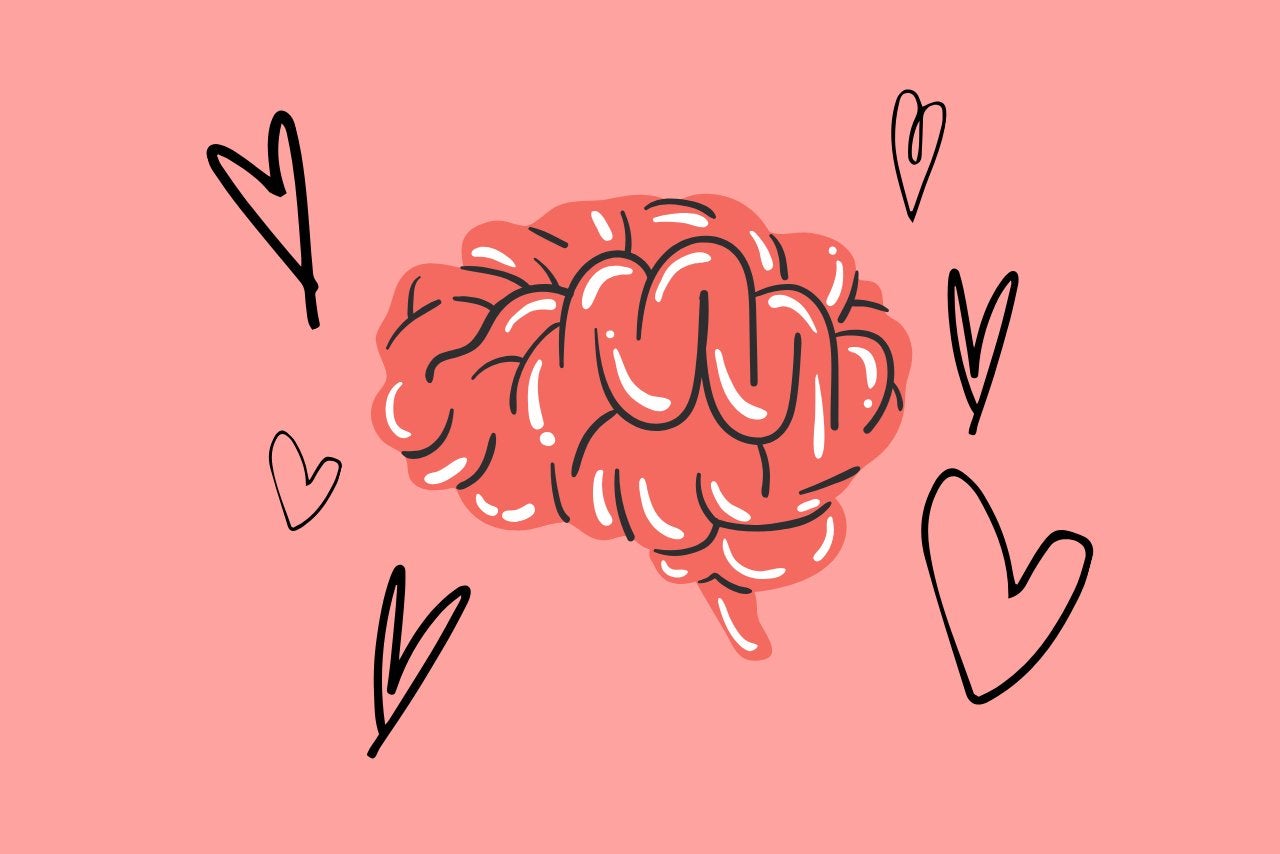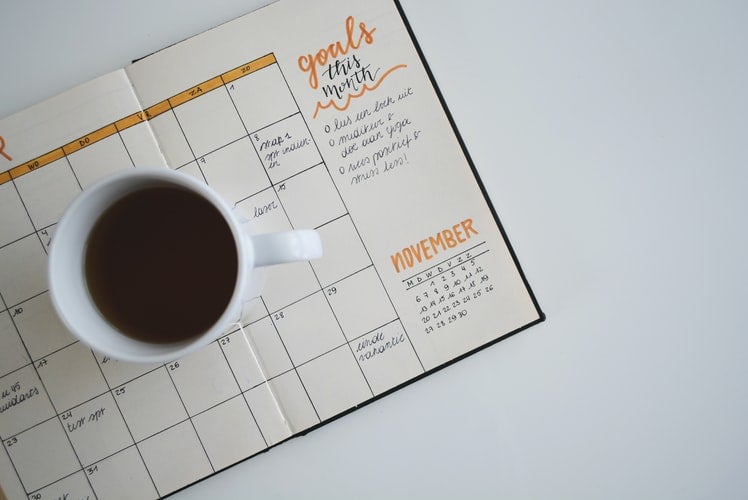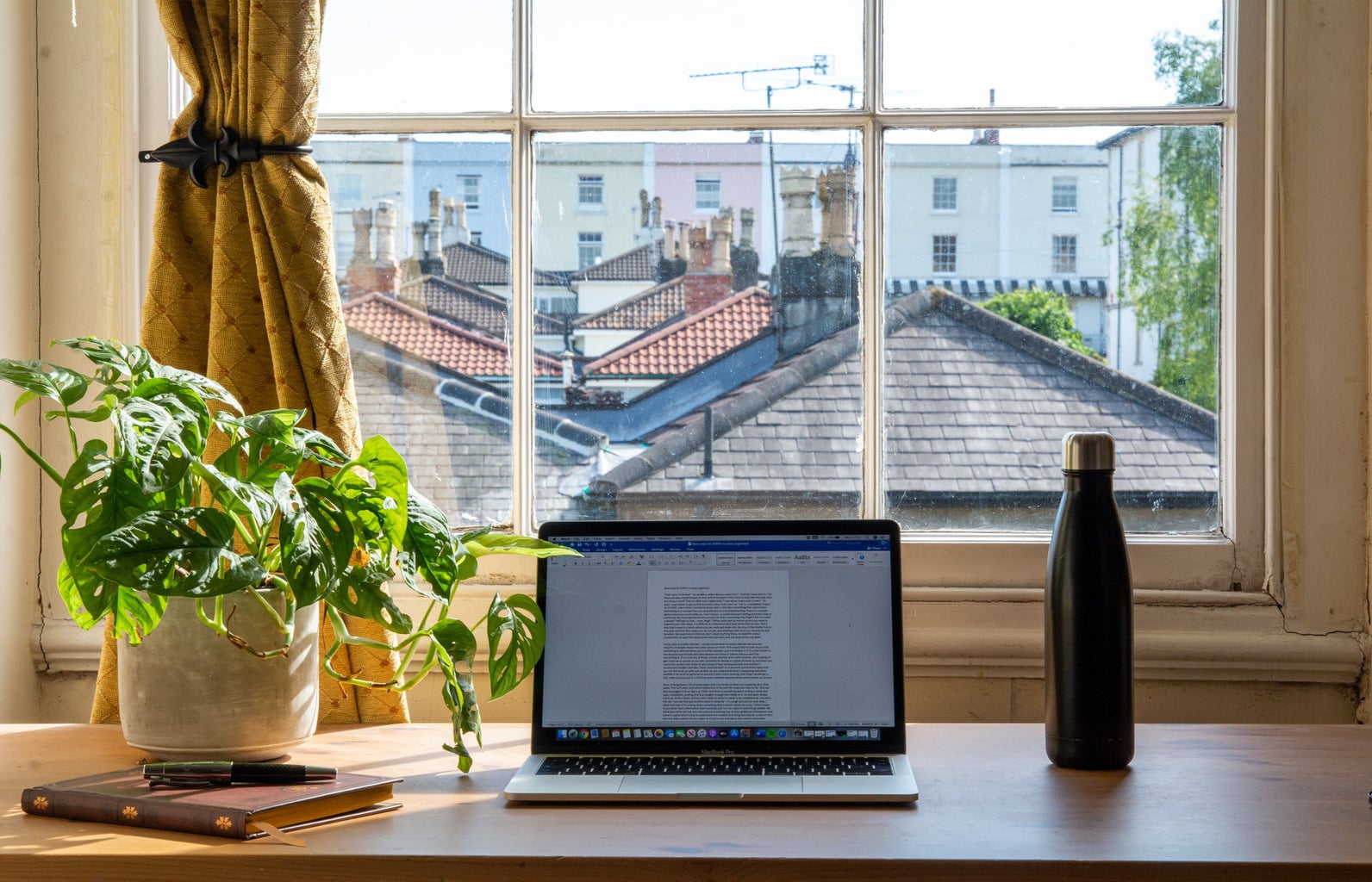It’s that point in the semester—where tasks start building up, our free time suddenly starts minimizing, and we are beginning to feel the effects of mid-semester burnout. It can become easy to start putting off tasks and waiting until the last minute to do something about them—I do this all the time and I know many of my peers do as well. However, studies have shown us that procrastination can be detrimental to our mental health and academic performance. Over the past few semesters, I’ve begun to learn how to battle those creeping feelings of procrastination through different strategies. Hopefully, some of these tips can help you too, if you struggle with procrastination like me!
- Planners
Get. A. Planner. Seriously, I tell everyone this. Whether it be a physical planner (my favorite, personally!) or an electronic one like the website Notion, having a place to store all your future assignments and to-do lists is essential. If you suffer from ADHD like me, it can be easy to forget tasks if I don’t have a physical reminder of some sort to get them done. Having a planner makes it easier to see what needs to get done at what time, and future due dates of important assignments can be listed so I’m not scrambling around trying to remember what was due and when.
- Break down tasks
I remember in high school it was very easy for me to get overwhelmed by due dates and projects because it all seemed like so much. I’ve felt that in college too, especially with end-of-the-semester cumulative assignments or portfolios. However, assignments or projects can seem a lot less daunting if you break them up over the course of a few days or weeks. Rather than rushing to finish something a day or night before it’s due, start by doing the assignment little by little before the due date. Slowly but surely, you’ll begin to see the assignment come together and before you know it, you’ll be adding on the final touches! I find that this is the most helpful way for me to tackle larger assignments/projects since it’s easier for me to piece them together over time. This is also effective since it gives you time to go back in and revise, add in anything you may have learned, or just make edits to your past work.

- Mental Breaks
This one is tricky to navigate, especially if you’re anything like me and can get sidetracked easily. However, taking brain or mental breaks is vital to not becoming burnt out on assignments and procrastinating. I find that if I do not take any sort of break during work, I will start to just rush through it and then end up getting distracted by something else. One of my favorite study apps is the Pomodoro Timer which is a customizable timer that helps keep you on track for work and mental breaks. Typically, work time is set for about 25 minutes, so that is 25 minutes of time you are productive. Once the 25 minutes is up, the Pomodoro timer gives you a 5-minute break. The next break is a long one, at about 15 minutes. This app is fully customizable, so it’s up to you whether you want to take a short or long break each time! I find that this app is the most useful for my productivity since it keeps me on track and reminds me of when to work and when to take a brain break. This helps to keep me from procrastinating as well, since when the timer is up for a break, I know I can get back to my work without too much time passing in between.
- Change it up!
This one might seem a bit silly but it is also just as important as the others. Changing up your study/work habits can incentivize you and help avoid those feelings of being burnt out from the same constant routine. A change can look like anything you want, but usually, mine are going to my favorite café to study with a tasty drink or changing up the space I usually study in. If you usually study in one area, maybe venture to another for a change of scenery. I find that this can make work seem a little less like work, and also be refreshing for the brain to have a different change of pace.
- Do not be hard on yourself.
In college, it can be easy to be harsh to ourselves because we think everything weighs so heavily on our futures. If we have low self-efficacy, we won’t feel like we are capable of giving our best selves to our classes or assignments. This in turn can lead to procrastination and burn-out, since we have negative feelings and associations with our academics. It’s totally okay to not always be on our A-game and we all have days where we are not performing our best. Taking a step back and realizing that this does not define us or our worth is essential. We are all going to have times when we wait until the last minute to complete something, knowing that maybe it isn’t our best work. It happens to everyone. The important factor is not being harsh to ourselves because of this—procrastination is normal. We will always have a chance to try again and apply ourselves better next time.






